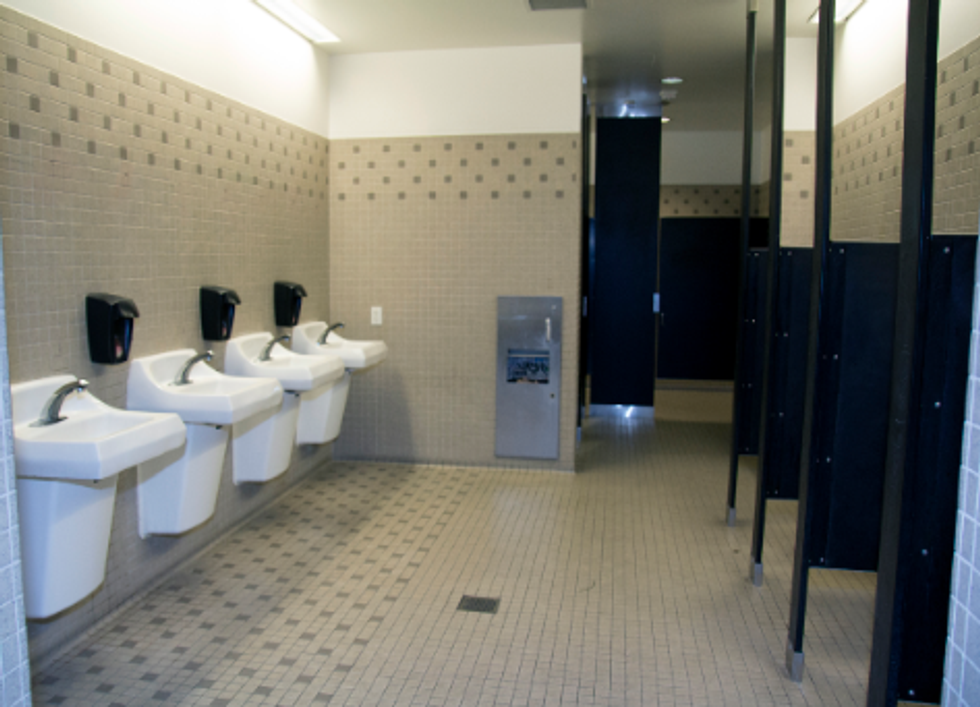In high school, I had the privilege of being a part of a group called the Global Writers Project. The group was designed to allow students from the United States and students from Morocco to share different ideas on various topics. These topics ranged from things such as what makes you happy, to different religious ideas (Morocco is predominantly an Islamic country compared to the United States and Christianity.) The idea was to explore cultural differences and understand why it is important to understand other cultures around the world. One of the students from Morocco talked about how the concept of "jihad" is misunderstood because of its misuse in the media. Jihad means "a holy war" undertaken as a sacred duty by Muslims. I was unable to find his article on the Facebook page we created. So, I messaged Youssef - the student from Morocco - and he sent the information to me. I then followed up with some online research to confirm what he said. Everything Youssef said I found to be true so, what is below is the words of a Muslim living in the country of Morocco discussing the concept of jihad.
He said, “The concept of jihad is one of the most misunderstood, misused, and abused concepts today.” Basically, Youssef feels that the media has misused the word jihad and we just follow suit. Many times we see the word jihad in newspapers or hear it on television and we fear the word because it is commonly used in reference of people committing terrorist crimes in the name of Islam. According to him, this is actually offensive because “it goes against the spirit and the letter of the law of Islam, but also because it goes against the basic definition of jihad (struggle.)”
The word "Qital" is what is used for a legitimate jihad involving conflict. The only times this is allowed is when it is describing invasion, occupation, or helping others subjected to oppression and injustice. Because of the seriousness of fighting, jihad is heavily regulated, causing scholars of Islam to distinguish between jihad and actual acts of terrorism.
Acts of terrorism fall under the category of “Hiraba," meaning killing by stealth and targeting a defenseless victim intending to cause terror in a society. Basically, if innocent people are targeted, then the act is prohibited by Islamic sacred law. Youssef said, “This is not a new opinion; rather, it is an opinion based on a well-known principle in Islamic law: dabit.” This idea is actually continued in war; it is not permissible to kill an opponent's women and children if they are not in direct combat. Basically, there is no doubt that in the Islamic law it is prohibited to kill innocent people, regardless of who they are and what justification one may come up with. “The nature of this prohibition is so specific and well defined that there can be no legal justification, nor can there be legitimate shariah (Islamic law) excuse, for circumventing this convention of war by targeting non-combatants or civilians," Youssef wrote.
There are many fatwas, or legal options, that have recently been issued condemning acts of Islam that kill people under the guise of jihad. Unfortunately, many of these statements made by scholars do not find their way into the media. This is especially frustrating to Muslims, Youssef explained, because often times it is asked, “Why don’t Muslim scholars speak against acts of terrorism?” Youssef said, “To this, I reply that the Muslim community and Muslim scholars have condemned acts of terrorism repeatedly and have continually made the distinction between Jihad and terrorism. Unfortunately, the west pretends not to listen.”
Basically, the entire concept of the word jihad (as far as we are accustomed to in the United States) is incorrect. Youssef - and many other members of the Muslim community - feel as though we know this but, just do not want to listen to them. We take what the media gives us and refuse to see outside of our blinders. So, just keep in mind the next time you hear the word jihad describe an act of terrorism, that it is not only incorrect, but frowned upon by most of the Muslim community.











 Photo by
Photo by 








